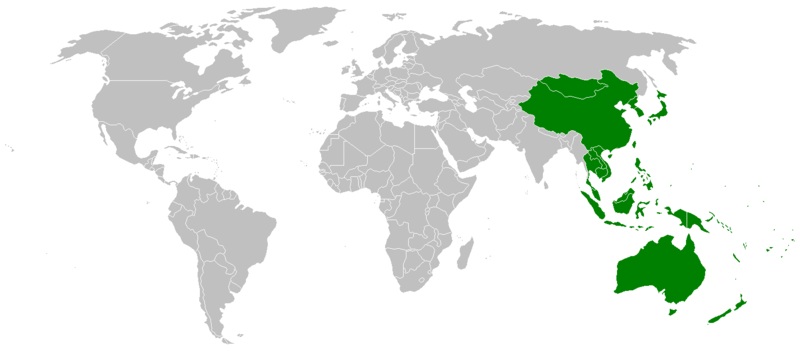 A recent study has shown that affluent consumers use their smartphones to make purchasing decisions.
A recent study has shown that affluent consumers use their smartphones to make purchasing decisions.
The results of the research performed by Unity Marketing have now been released and are indicating that merchants targeting high-end customers will want to make a priority of their mcommerce offerings, as over 50 percent of these affluent shoppers use their smartphones to make purchasing decisions.
This represents a doubling over 2011, when only 25 percent of this market was using mobile for this reason.
The report, which was entitled Affluents Online, pointed out that businesses with a target market of wealthy consumers had best create mcommerce websites that are engaging, sticky, and robust, in addition to a strong social media strategy and mobile platform. This effort should, says the report, be considered a necessity, and should no longer be thought to be a convenient option.
High-end shoppers have reached a full integration of mcommerce and online activities into their daily lives.
The report showed that the luxurious lifestyle to which these consumers have become accustomed is steadily increasing the use of mcommerce for various parts of the shopping process. This includes everything from informing themselves regarding products, stores, and brands, and actually making the purchases themselves.
The Affluents Online report was based on a study of nearly one thousand wealthy shoppers. The average income of the respondents was $248,900. The researchers discovered that within this group, 98 percent of the respondents had used the internet for shopping purposes and had made at least one purchase within the 3 month term of the study. On average, the online spending for high-end purchases was $3,702. The average time spent shopping was 5 hours every week.
According to the study’s lead researcher and the president of Unity Marketing, Pam Danziger, affluent consumers had not changed their online habits of paying bills, making dining reservations, making travel bookings, researching purchases, and actually buying goods and services over the twelve months previous to the study. The primary – and quite notable – difference was the shift toward mcommerce, as those consumers used their smartphones and tablets instead of their laptops and desktops.

 A new study is showing that these nations are concentrating heavily on shopping over this channel.
A new study is showing that these nations are concentrating heavily on shopping over this channel.